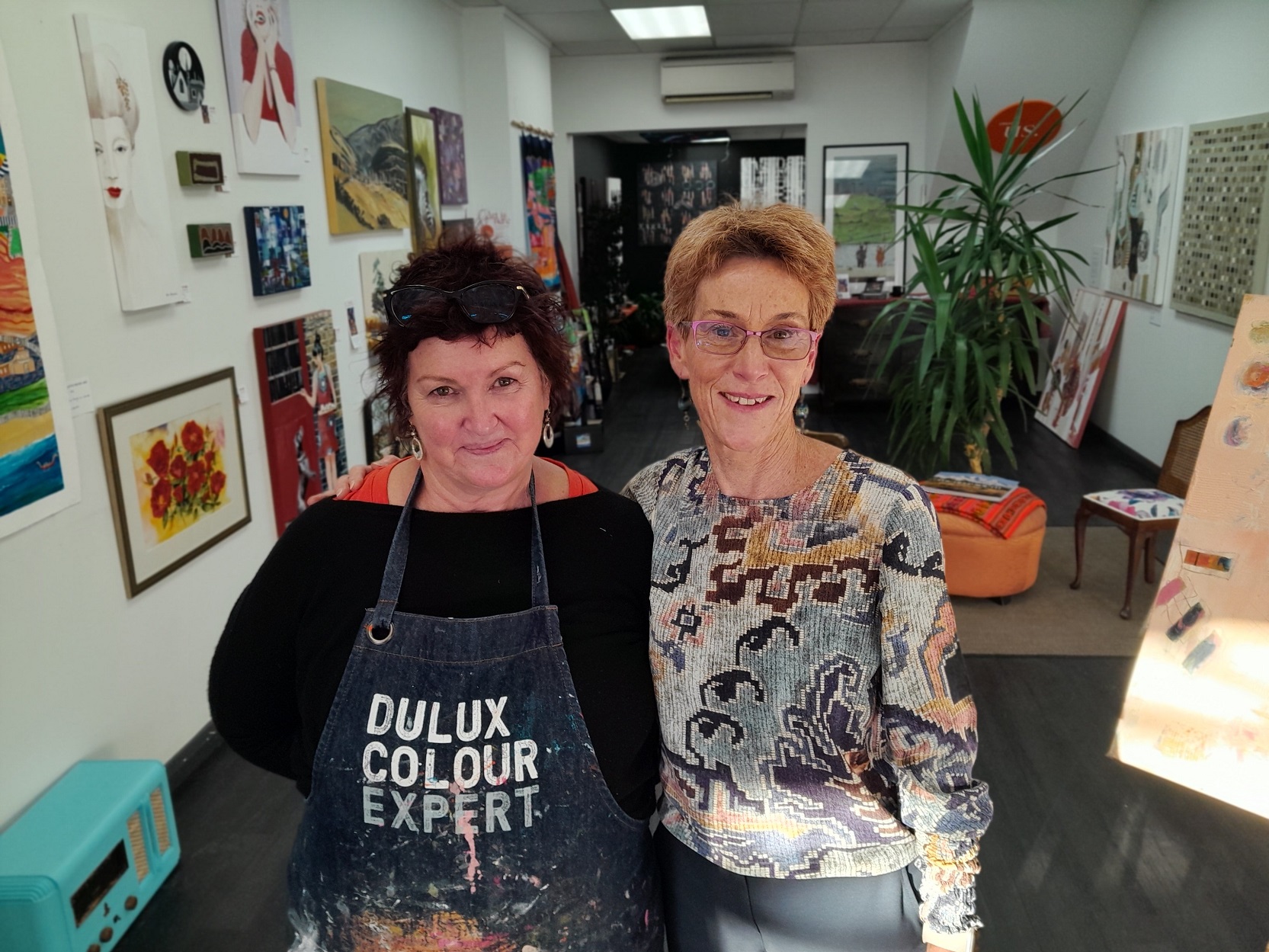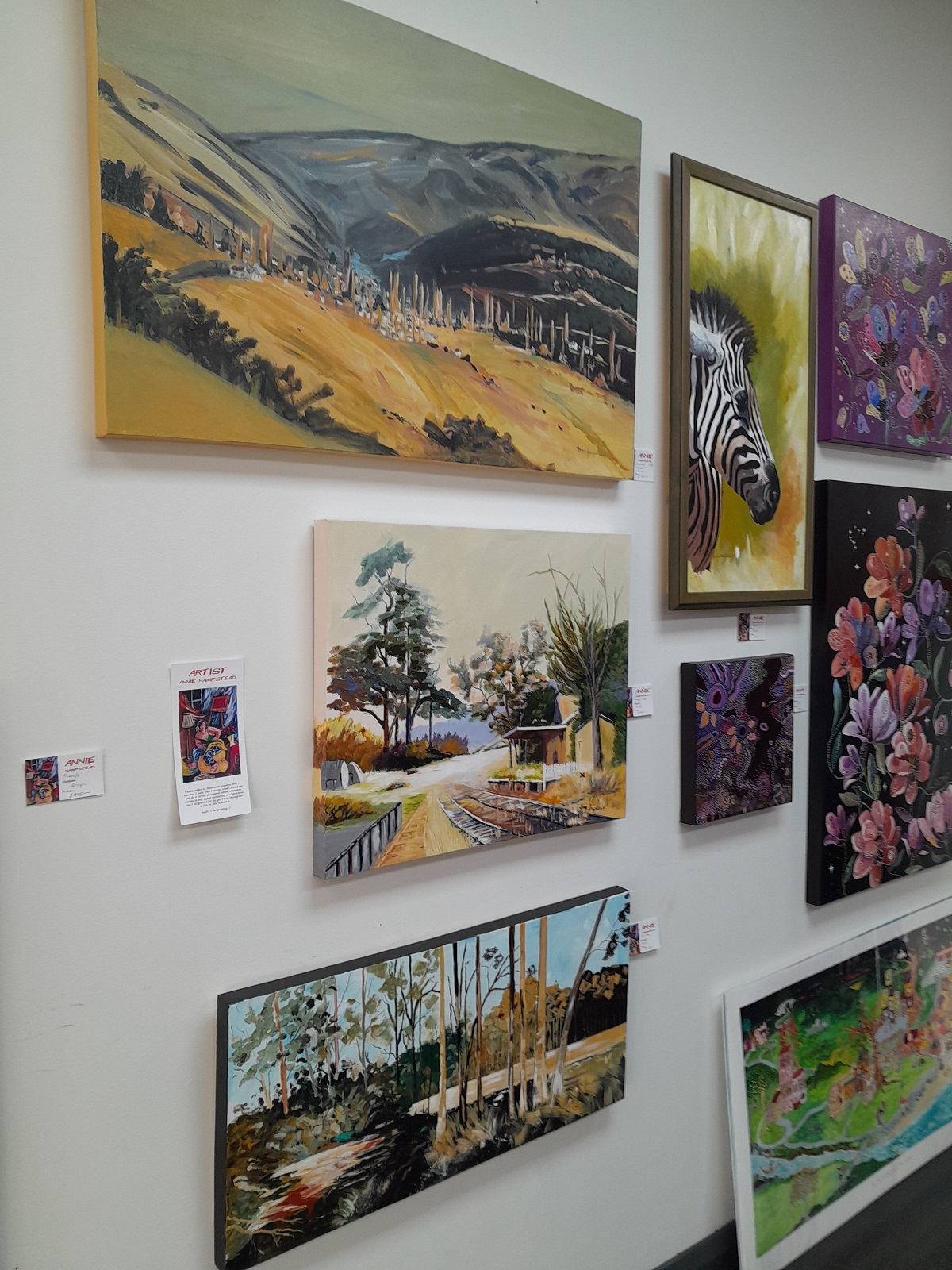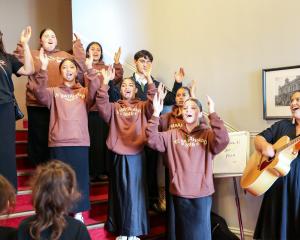
Revitalise Our Places Ōamaru (Ropo), a six-month pilot brokerage programme initiated by the Waitaki District Council, has been designed to fill empty business spaces for 30-day periods, between the times when there is a commercial tenant.
The project already boasts three new pop-up shops including Creative US, a collective of local artists and artist-run workshops; Street Styles, a photography exhibition by local artist Martin Horspool; and Waste Free Waitaki, a shop set up by the council’s waste minimisation team to highlight waste topics and sustainability solutions.
Waitaki District Council economic development team lead Mel Jones said last year they looked at how many vacant spaces were on Thames St — "12 in total" — and developed the initiative on a model already trialled successfully in Lower Hutt, by Waitaki District Council project lead Cyndi Christensen.
The programme is part of a series of initiatives by council to revitalise the CBD.
"It’s all around how do we create vibrancy, how do we attract residents to come into the town centre more often?" Mrs Jones said.
"As we’ve said in the Waitaki economic development strategy, a lot of these buildings are under-utilised. Wouldn’t it be great if some were also turned into residential accommodation?
"Certainly with transformation we’re looking at how can we best support the community and customers to have a better experience and how can we enable and facilitate them in going through that process," Mrs Jones said.
The Ropo team includes project co-ordinator Beth Strickland, who is also part of the artist collective at 167 Thames St, along with other local artists Colette O’Kane and Annie Hampstead.
"What I like about Beth’s space, in particular, is that she’s leveraging the whole artistic creative community that we’ve got here ... With artist workshops as well, it’s an interactive experiential activity," Mrs Jones said.
Ms Strickland said they have been impressed by the high standard of applications to Ropo and were interested in "engaging" applications that do not compete with existing businesses and have extended the application run until July.

Mrs Jones said the long-term goal was getting more "full-time, long-term businesses into these spaces and staging them so they look "amazing".
"People come in for 30 days and then they extend by negotiation with the owner and then after the six months, the council will assess."
The Ropo project was funded through "Better Off Funding" as part of the placemaking fund, Mrs Jones said.
"Everything we’re doing this year is a pilot. If it doesn’t work we’ll stop and change it and do something different.
"That way it’s not a big up front investment but we can just keep course-correcting over time."
Ms Strickland said they will collect all the "data"and feedback for future assessment and for identifying areas that can be improved.
She said they have had "overwhelming positive feedback" to the project.
"Other positive things that can come out of pop ups, is if they go on to be an established business it will lead to more employment.
"Anyone with a business idea should get in touch because if we don’t have a suitable space we can nurture them," Ms Strickland said.
"We get people on the radar and then we work out how to connect them, " Mrs Jones said.












